Dissecting the sound of the 'Brat Summer'
Charli XCX's new album 'Brat' isn't just a hyperpop record - it's an entirely new and zeitgeist-capturing cultural sensation.
By Sonal D'Silva
19 August 2024

When the now-iconic cover art for Charli XCX’s sixth studio album first appeared online in February 2024, one fan dismissed the image as a placeholder.
This was because there seemed no way that this lurid green square with the lo-res text was the real thing. To quote everyone that responded to that poor fan in the coming months: “That aged well.”
The lightning fast virality of that green (is it neon? is it acid?) cover art was the first sign that the new album it heralded was about to cause a stir, and the lo-res, single word that sat upon it – ‘brat’ – was about to become a movement. We were well and truly headed into what would soon be dubbed “brat summer”.
The 15-track album channels the sound of the illegal underground rave parties that Charli got her start at, as a teenager in London. While she has said in interviews that she did not specifically intend to bring the sounds of the club to a wider audience, what she has done on brat is build such a compelling world with those sounds that it’s impossible not to be sucked in by the energy.
‘brat’ – was about to become a movement.
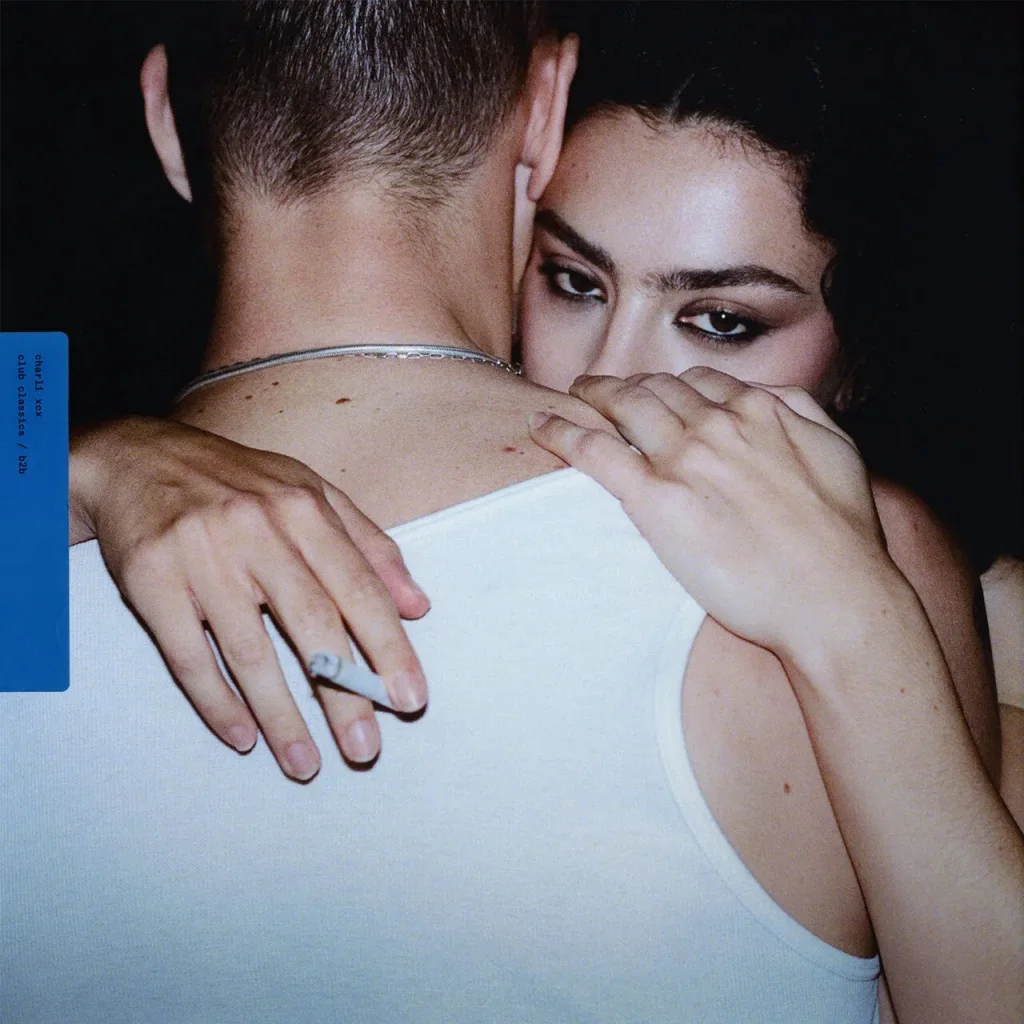
The buoyant keys of ‘Club classics’, gliding bass of ‘Von dutch’, and effervescent chorus of ‘Talk talk’ are fun, but these are only surface-level signifiers of what is really going on here. In the age of the single, brat really shines when you listen to the album from start to finish. Amidst the many flavours of 909s, dubstep bass stylings, and plenty of detuned moments, Charli’s chameleon-like vocals deftly take on whatever quality it is that the song requires: don’t-stop-for-a-breath, stream-of-consciousness on the party-starting opener ‘360’; hypnotic vocal chops on ‘B2b’, looping in a way that makes a word lose meaning until it becomes just a sound; incredibly vulnerable on ‘I might say something stupid’, even through the aggressive Auto-Tune. On ‘Girl, so confusing’, the words spill out fast — perhaps because if you stopped to think, you wouldn’t say them. The song title itself repeats like a mantra, as if admitting that it is confusing makes things less heavy.
What makes brat very much a 2024 album is the subject matter.
When the album does take a breath, it is to confront deep regret on the song ‘So I’, about the tragic loss of her friend, avant-pop producer SOPHIE. Another startling moment comes deep into brat on ‘I think about it all the time’, written after Charli met a friend who had just become a first-time mother. Everything about the track – the sing-song melody, the vocal delivery – makes Charli sound much younger than she does on the rest of the album, underscoring her feelings about her own readiness (or lack thereof) for motherhood. Interesting choices to put on a club record, but not entirely out of place – a night of hard partying sometimes tends to bring vulnerabilities to the surface, especially when everything feels heightened. While the sound and artwork may be a throwback to the Y2K era, what makes brat very much a 2024 album is the subject matter.
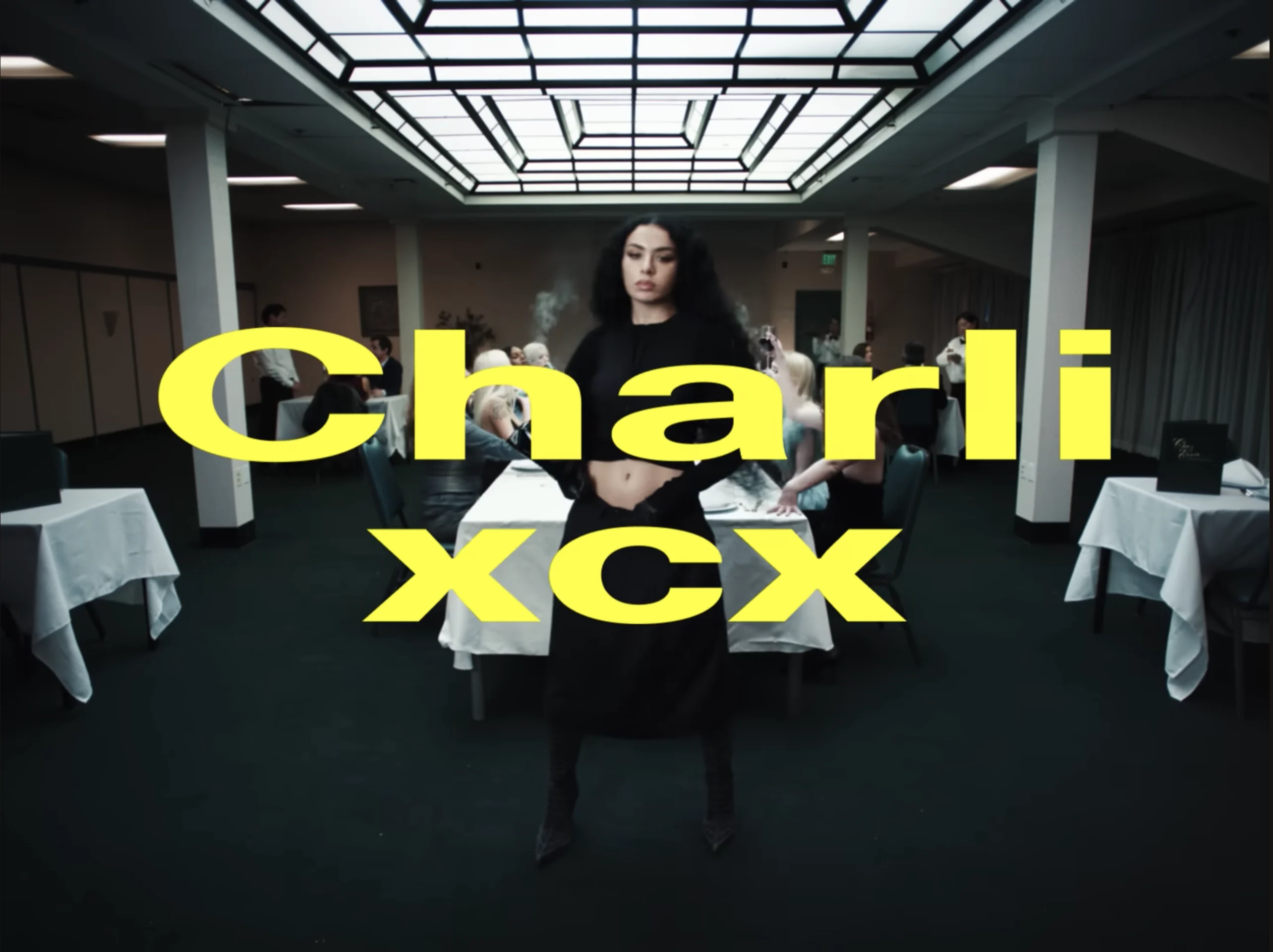
Through lyrics that are confessional in theme and conversational in style, Charli explores the complexities of being human, or as she said on her Instagram page: “me, my flaws, my f-ups, my ego all rolled into one.”
Charli XCX is no stranger to musical moments that capture the zeitgeist. Over her decade-long career, she’s written hit songs for other artists and had her own songs top the charts. She was even part of last summer’s big cinematic moment – bubblegum-pink Barbie mania. With brat she has finally stepped into the spotlight as a pop culture-defining artist and it’s fitting that it happened with an album that reflects her club roots and also reminds listeners of what they were robbed of in the fog of the pandemic – club culture.
The album reflects Charli XCX's club roots, and also reminds listeners of a culture that they were robbed of in the pandemic.
The decline of the nightclub did not happen overnight. It’s been silently sneaking up on us due to a number of factors, such as the increasingly high cost of living, and the COVID years only accelerated what was already in motion. According to the Night Time Industries Association (NTIA), “Between March 2020 and December 2023, a staggering 396 nightclubs were forced to close their doors, representing a devastating blow accounting for 31% of the total businesses within the UK. The repercussions extend far beyond mere economic loss, striking at the heart of our social fabric.”
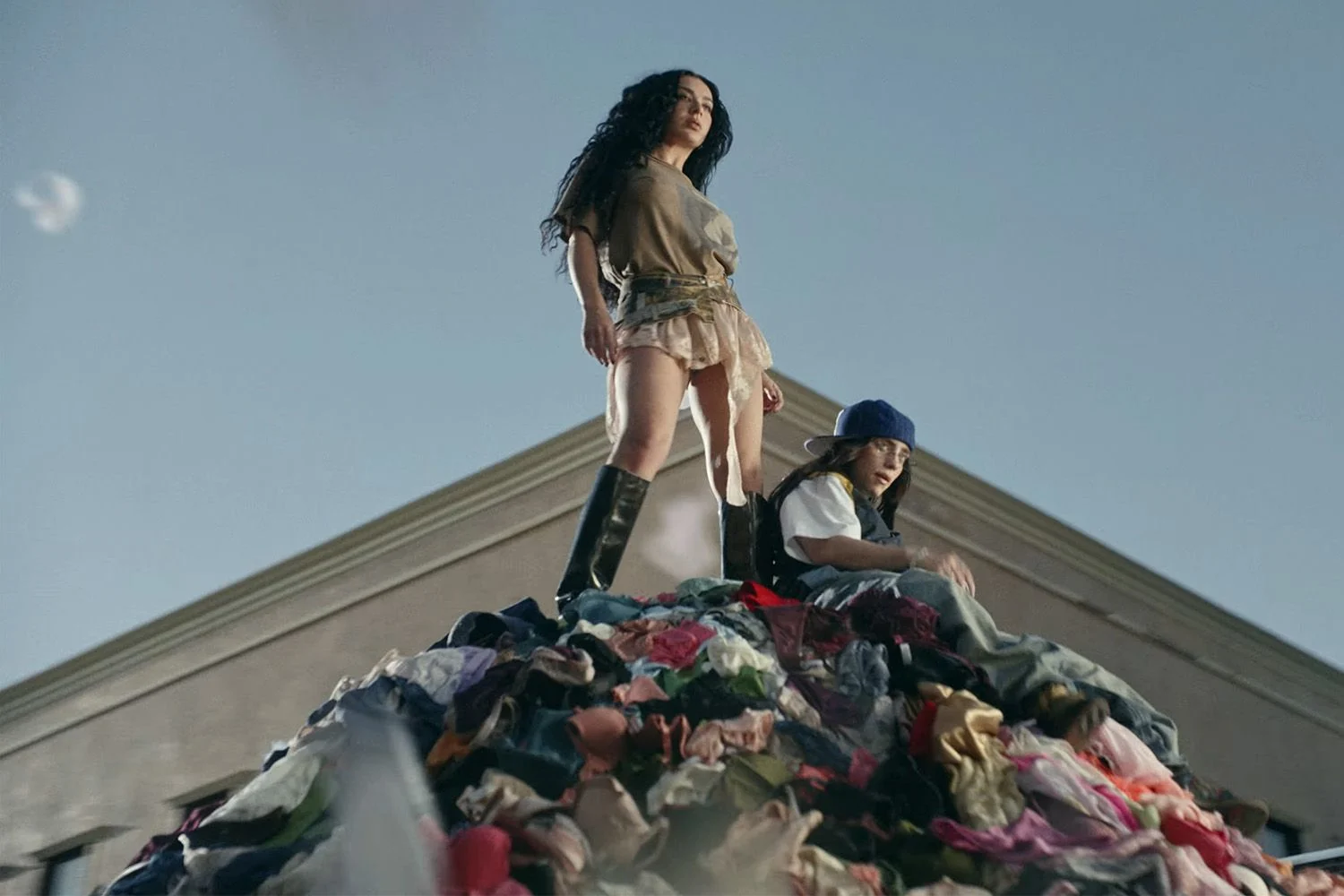
The pandemic reset social interactions and, in the aftermath, the communal experience of consuming music in a shared space felt like a relic from the ‘before times’, forever changed by our collective trauma. Artists, doing what they tend to do, poured their feelings into their music. Fred again.. released ‘Marea (We’ve Lost Dancing)’, which captured the sudden and startling loss of things we took for granted. When brat came along this summer, it was a loud and clear call to party. Enough with apologising for being a mess – go to a club and let your hair down.
brat successfully did its part to encourage the return to club culture. Kicking things off was Charli’s Boiler Room debut. Titled PARTYGIRL, the event broke records for having the most RSVPs in Boiler Room history. In a packed Brooklyn warehouse, Charli brought together musical collaborators, It girls, notable figures from the queer community, TikTokers, and of course, the stans aka Charli’s Angels. The party continues with clubs throwing brat-themed events and, if reports are to be believed, even a drag brat brunch.
Enough with apologising for being a mess – go to a club and let your hair down.
The fans are out in full force seeking out brat parties, exchanging information on forums, and sharing their experiences. Most have been positive, but there is a sense that some venues have been slow to respond to the enthusiasm. For example, DJs aren’t incorporating as many songs from brat into their sets as the fans would like; one fan posted a hilarious account of requesting the DJ play Charli XCX and he complied – with ‘Boom Clap’, which, while a mega hit, couldn’t be further from the brat ethos. Still, even though it feels like brat has always been a part of our collective consciousness, it has only been two months since the album dropped.
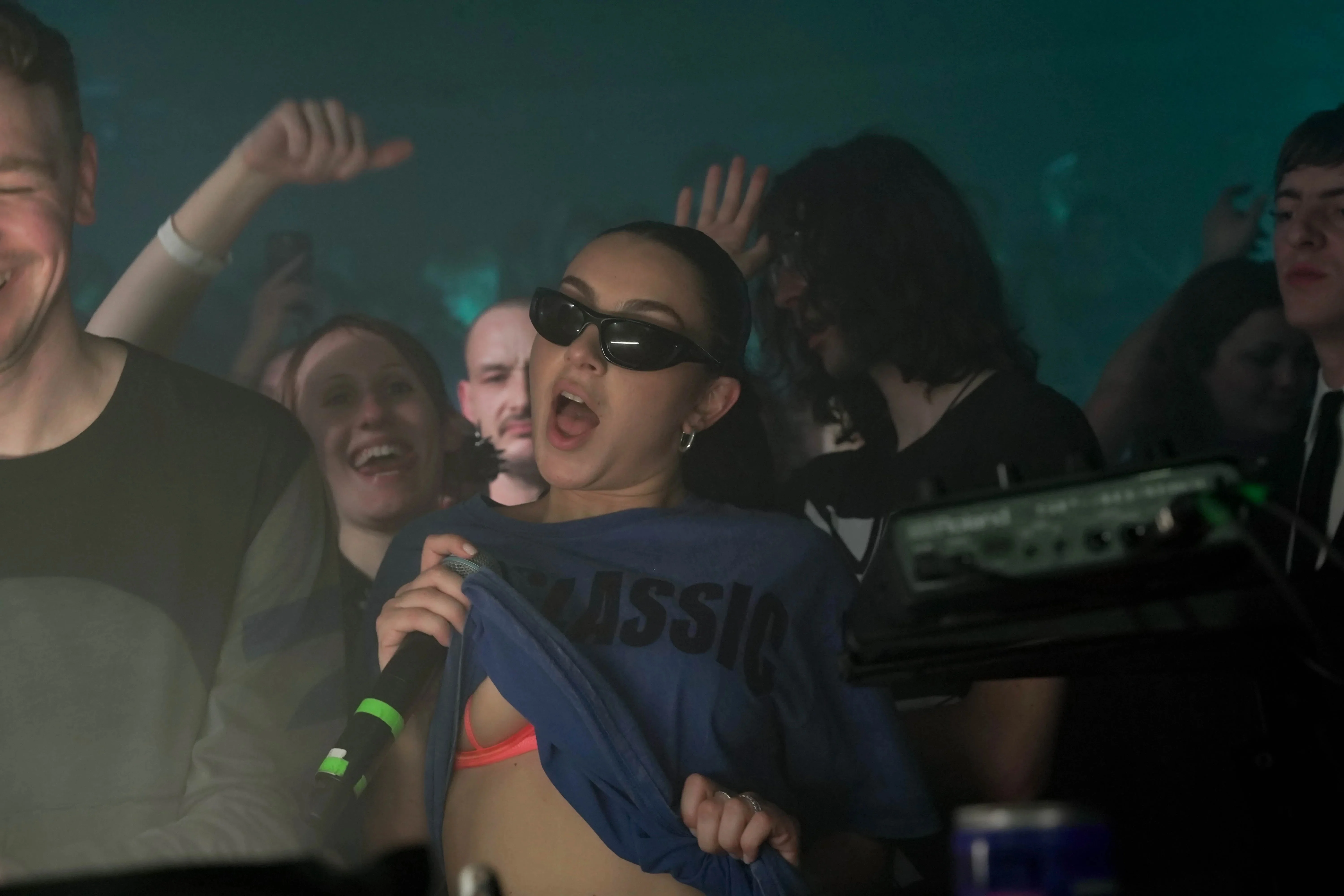
In an era of hyper-vigilance against causing offence, how did an artist pull off a cultural coup with an album and marketing campaign that actively rejected people-pleasing? Take, for instance, the thought process behind the shade of green that was selected for the album cover – Charli and her team auditioned 500 greens before landing on the one that was finalised (hex #8ACE00, in case you were curious). It made the cut because it was unfriendly, uncool, obnoxious, and off-putting, which seems like a rather strange way to bring the fans into the fold. The flip side – if you were to frame it in more positive terms – is that it’s irreverent, unapologetic, and in-your-face. The fans responded to that message and now wear it like a badge: “I’m obnoxious and messy sometimes, and that’s okay.” The five-month long design process for the artwork resulted in a minimal, unpolished look that invited listeners into a world that was about something more than meme generation and dissemination. It gave them permission to stop striving for perfection.
The marketing campaign demonstrated how an artist can give their community tools to express themselves.
Once the cover art took off, the team created a ‘brat generator’ which enabled fans to make their own brat-inspired artworks. Another highlight was creating in-person brat-themed experiences for the fans. On the day of the album’s release, the London Eye was bathed in brat green. A wall in Greenpoint, Brooklyn was painted green and christened ‘the brat Wall’. Good idea, and the basic strategy would have been for it to be a location where fans went to take selfies. Nothing about brat is basic, so the wall became a backdrop on which updates were announced and livestreamed, like the brat deluxe edition drop, for which it was repainted white.
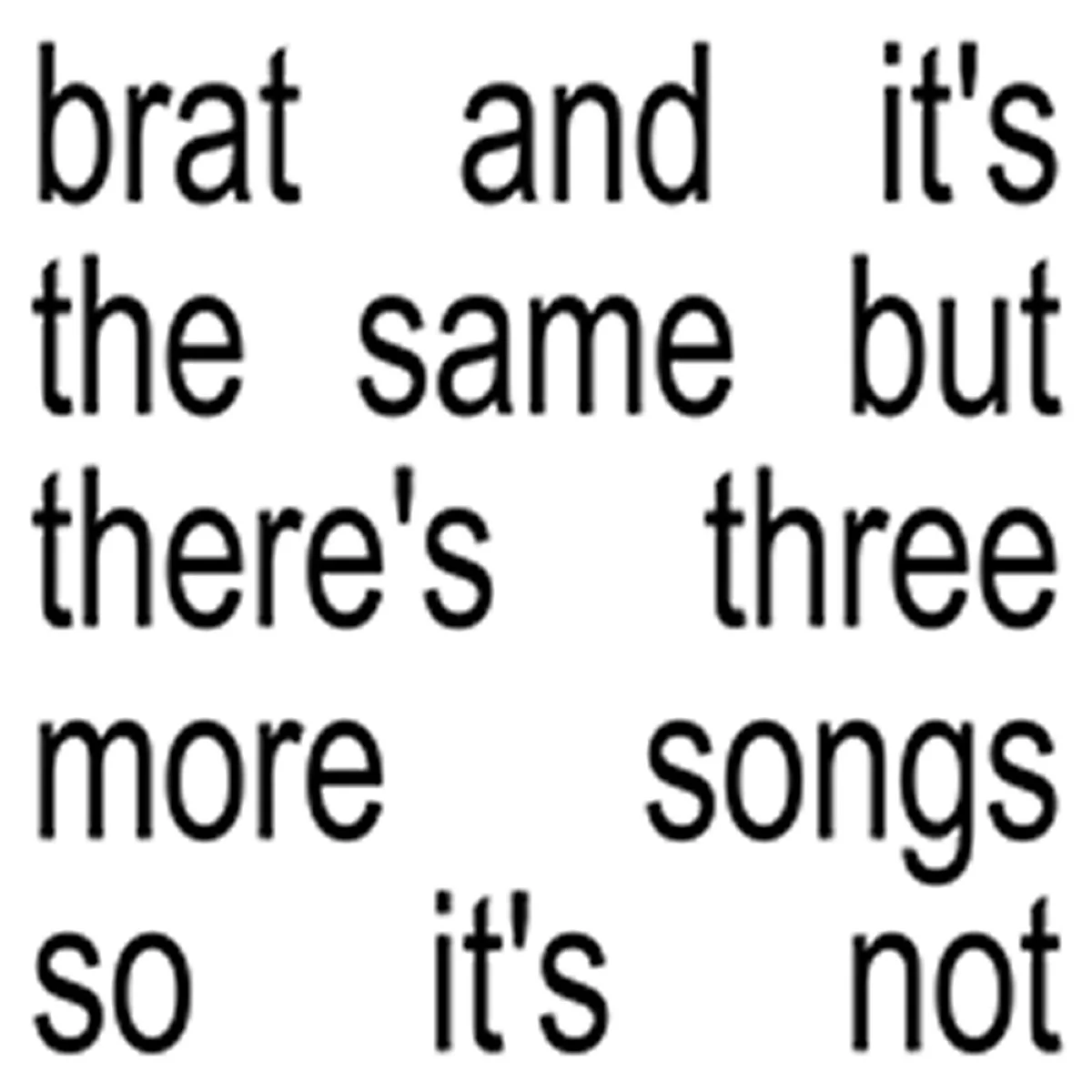
Another way in which the team bridged the online and real-world gap was by having a series of special movie screenings at The Roxy Cinema in New York. Curated by Charli, ‘the brat collection’ consisted of films that all had what she deemed “a brat-like energy to them”. Expanding the world of brat beyond the album solidifies the ethos across mediums – ‘brat’ is an energy and a way of life, one that Charli and her community can relate to.
Right place, right time, right vibe.
Songs of the summer exist because pop culture needs a regular reset. To say they are formulaic is to imply that, with the right data, an artist could easily create a project that claims the title. To say they are a chance occurrence is to dismiss the effort put into the music that is crowned each year. In the case of brat, it is a magical confluence of an artist’s long-standing vision resonating with a world that needed to reconnect. Right place, right time, right vibe.